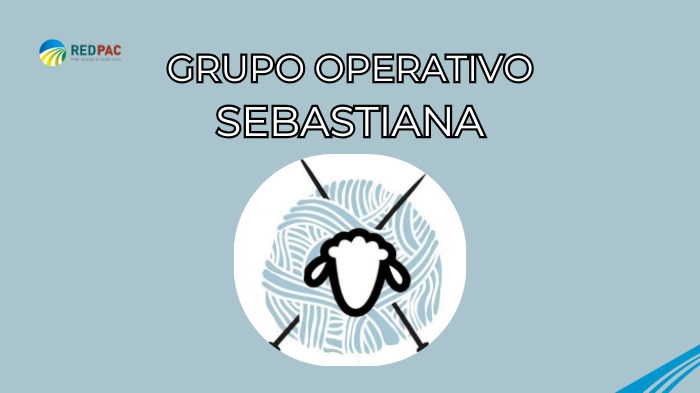
19 de February de 2025
Innovación
The SEBASTIANA Operational Group arises from the low profitability of wool and the complexity of its production.
- The SEBASTIANA Operational Group arises from the low profitability of wool and the complexity of its production.
- The genetic selection of the best quality sheep specimens will favor the evolution of the Castilian breed that prevails in Spain.
- The OVINTEGRAL Transformation Center emerges as one of the results of the work of the Operational Group
Wool is a historically important product that has played a key role in Spain's economy, with the Merino sheep being the central pillar of this sector. This material has been exported to numerous countries and traded with many production centers, including the Venetian luxury cloth sector.
According to the Ministry of Agriculture, Fisheries, and Food , wool production is concentrated in the regions of Extremadura, Castile and León, Andalusia, and Castile-La Mancha. However, there has been a steady decline over the last decade due to circumstances such as the decline in livestock farming, the halt in the textile industry in China—the main recipient of Spanish wool—and the rise of synthetic fibers, which have turned wool into a byproduct with residual value.
In light of this situation, the SEBASTIANA Operational Group (GO) was born , which emerged to face the following challenges:
- The low profitability of wool and the need to revalue it.
- The complexity of production chains.
- The lack of sustainability in livestock farms.
Results and conclusions so far
The GO SEBASTIANA project is nearing its final stage, and while it is still gathering conclusions, the main results so far are:
- Creation of the OVINTEGRAL processing center (Arroyo de Cuéllar, Segovia), which uses advanced technologies to process wool comprehensively, from washing to final spinning, reducing dependence on external processes.
- Obtaining a more homogeneous and higher-quality product thanks to the use of analytical tools such as FibreLux and OFDA.
- Development of a Good Practices Guide for Shearing , with key protocols for efficiency, optimization, and respect for animals.
- Construction of a digital platform for farmers and weavers, facilitating the exchange of information and training.
- Assessment of the economic, social, and environmental impact, with the support of the University of Salamanca, through the analysis of profitability, carbon footprint, and the impact of the new system on rural sustainability.
- Complete integration of the production and marketing chain, resulting in increased profit margins for livestock farmers, a boost to the rural economy, and a reduction in the sector's ecological footprint.
In addition, an online workshop was held to provide more information, which can be accessed via this link .
Lines of work
This innovative project seeks to transform wool into a valuable product by improving and standardizing it and transforming local production and sales chains. To achieve these objectives, several goals were set:
- Development of a wool quality improvement plan through highly heritable phenotypic analysis and selection procedures, such as wool fiber diameter.
- Verification of nutritional factors and offspring monitoring.
- Creation of a small wool industry that establishes a washing and grading process, as well as a quality catalog aimed at livestock farmers.
- Direct sale of pre-sorted wool and implementation of a digital platform for farmers and customers to boost marketing and increase the profitability of Castilian sheep farms.
Participants and funding
The SEBASTIANA GO is led by the Center for Selection and Genetic Improvement of Sheep and Goats of Castilla y León (OVIGEN), associated with:
- GENOVIS, Soc. Coop.
- Spanish Association of Breeders of Select Castilian Breed Sheep (ANCA).
- El Navazo SC
- Ovintegral Iberia SL
- dLana SL Project
- IMASDE Agroalimentaria, SL
In addition, the innovation project is funded with €558,912.76 from the European Union's Recovery Instrument. (Next Generation Funds) ; implemented through the European Agricultural Fund for Rural Development (EAFRD) within the framework of the National Rural Development Program 2014-2022 (PNDR) .









